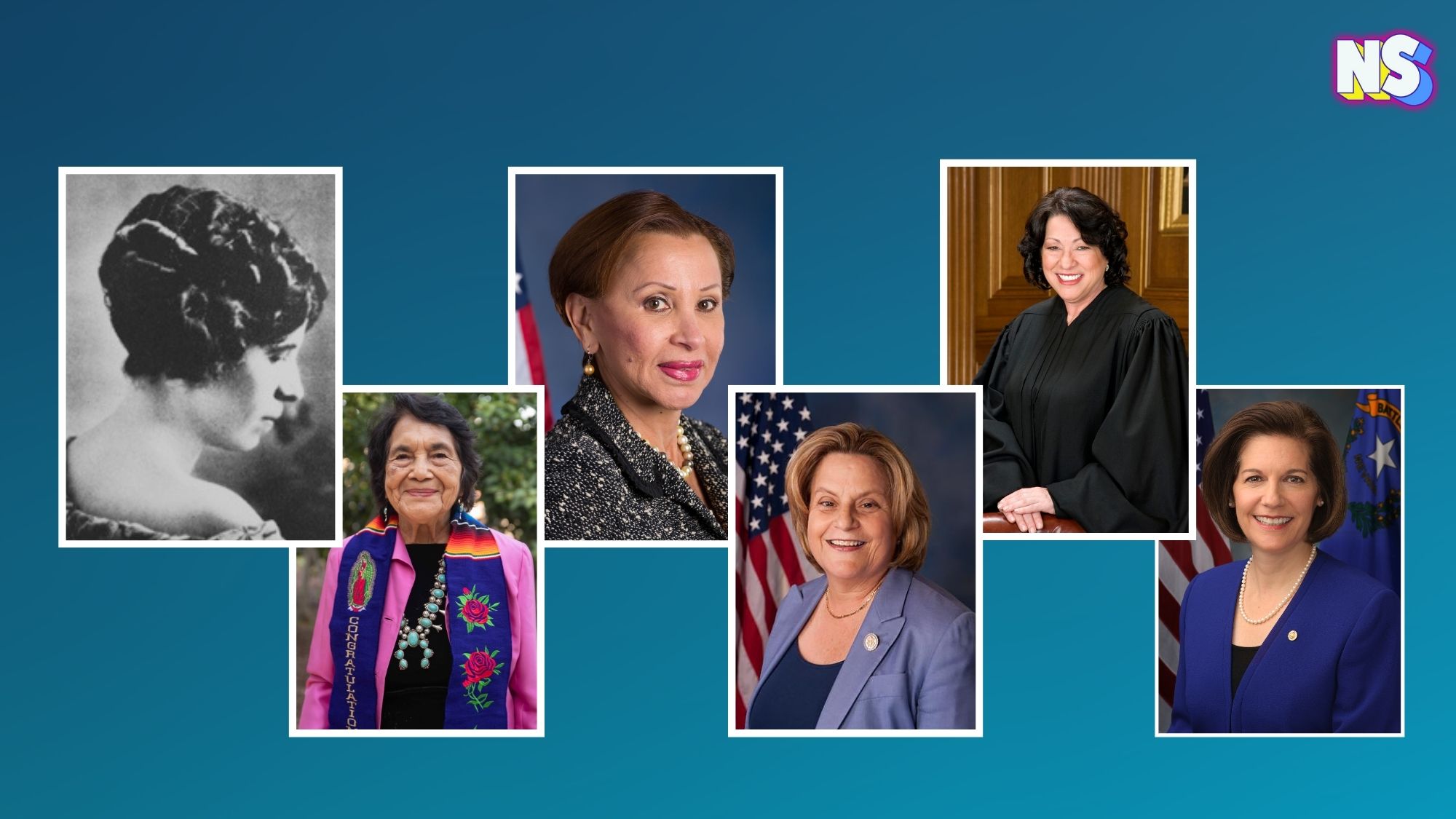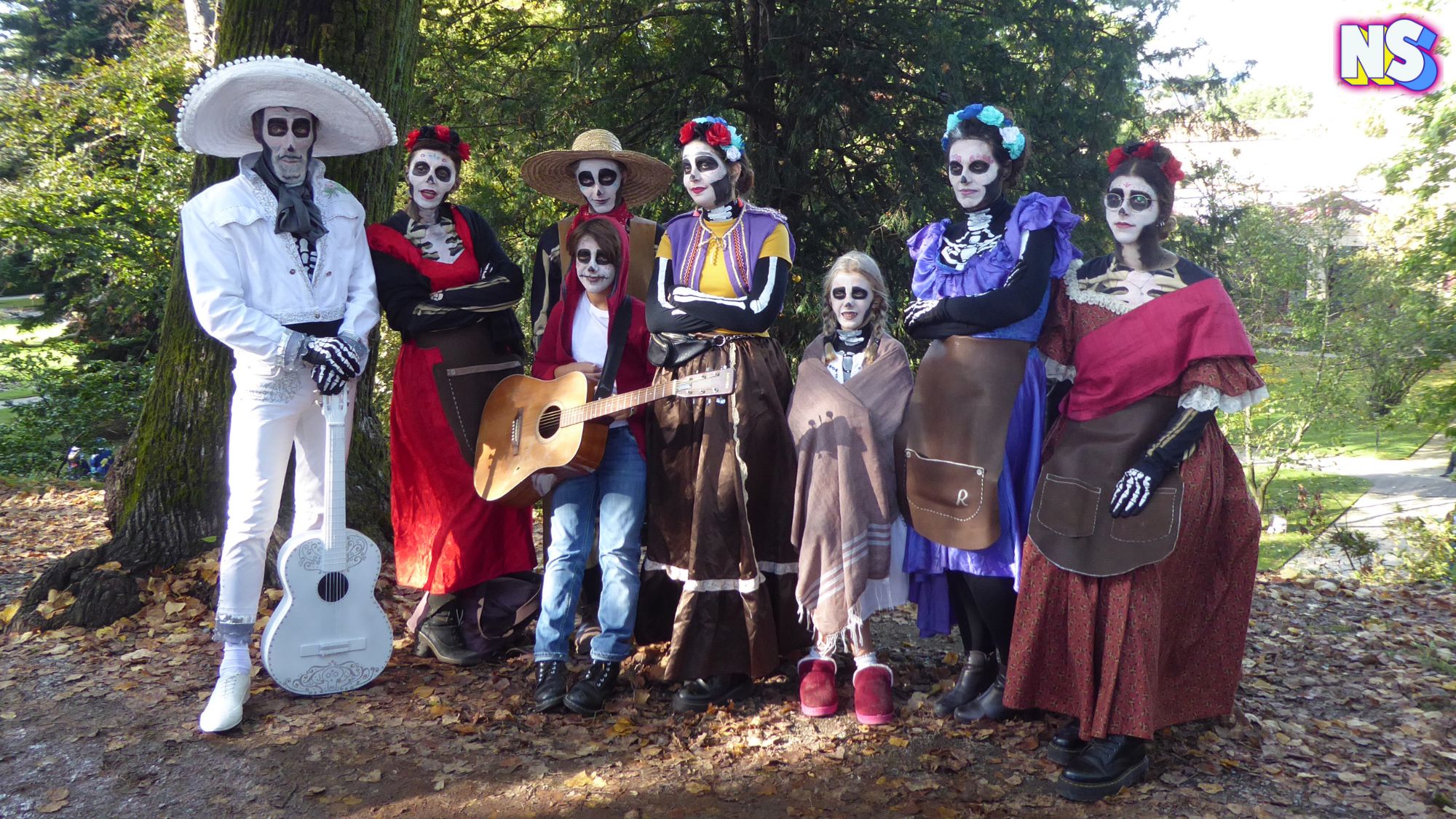Today, on August 26, the United States is celebrating Women’s Equality Day, the anniversary of the 19th Amendment which granted women the right to vote in 1920. In modern times, the day is set aside to reflect on the progress made toward gender parity and to recognize the remarkable contributions of women throughout history. Among these trailblazers are Latinas who have left their mark on U.S. politics, opening the door for many following their lead. They’ve also made an impact on millions of lives, whether they know it or not. Join us as we celebrate six of the most influential Latinas on Women’s Equality Day.
Celebrating 6 Influential Latinas on Women’s Equality Day
This Women’s Equality Day, and every other day of the year, is the perfect time to promote the advancement of Latinas everywhere. After all, there’s still so much work to do. “As women, Latinas are stereotyped as less competent than men.,” the non-profit group Project Pulso writes. “As Americans, Latinas are stereotyped as less intelligent than white people.” Luckily, we Latinas have come a far way, and will continue to advance, thanks largely to the following six influential Latinas who broke stereotypes in politics, and beyond: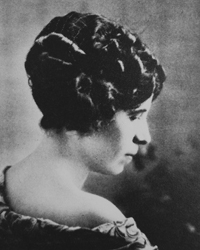
Soledad Chacón: “Two years after the 19th amendment passed, Soledad Chacón, nicknamed Lala, became the first Hispanic woman elected to statewide executive office in the United States when she was elected as Secretary of State of New Mexico in 1922,” SheShouldRun writes. Chacón also briefly served as acting governor of the state, also a first for Latinas.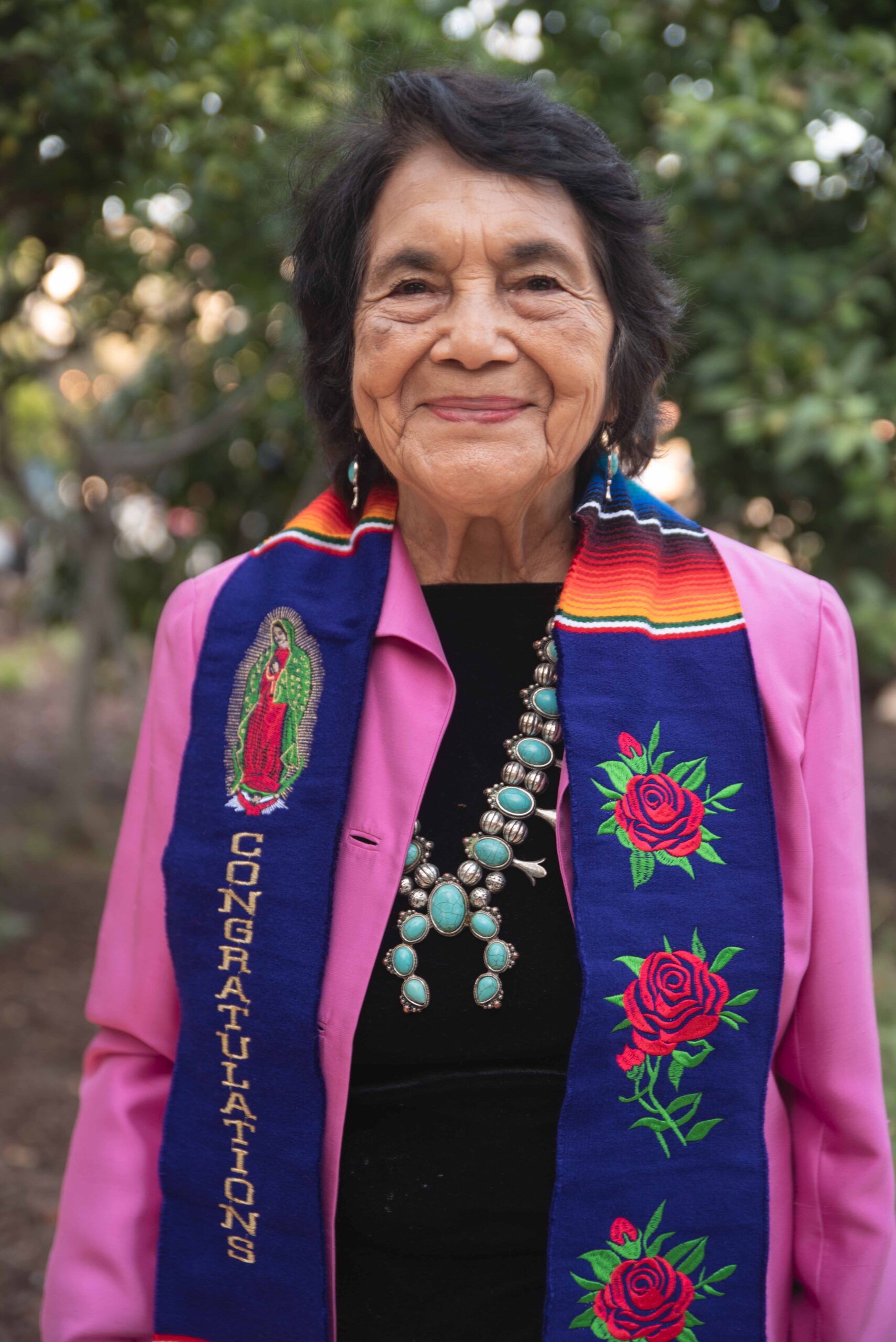
Dolores Huerta: Co-founder of the United Farm Workers (UFW) alongside Cesar Chavez, Huerta fought for labor rights and social justice. She’s been fighting for Latina and Latino rights for decades. “During the 1990s and 2000s, she worked to elect more Latinos and women to political office and has championed women’s issues,” Women’s History explains.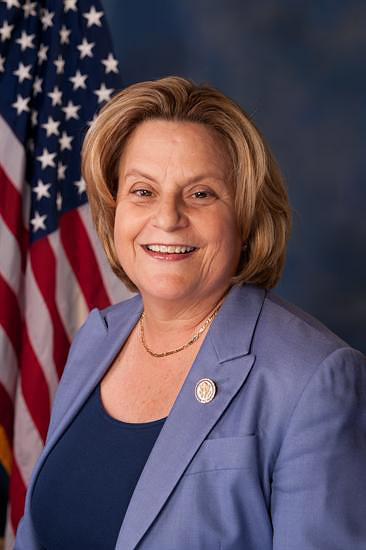
Ileana Ros-Lehtinen: Ros-Lehtinen made history as the first Latina elected to Congress in 1989. During her tenure, she championed LGBTQ+ rights, environmental issues, and foreign policy, leaving a lasting legacy. “Ileana has always stood for human dignity and freedom,” Former Florida congressman Lincoln Diaz-Balart said in a statement, when she retired from Congress in 2017. “The oppressed throughout the world have never had a better friend.”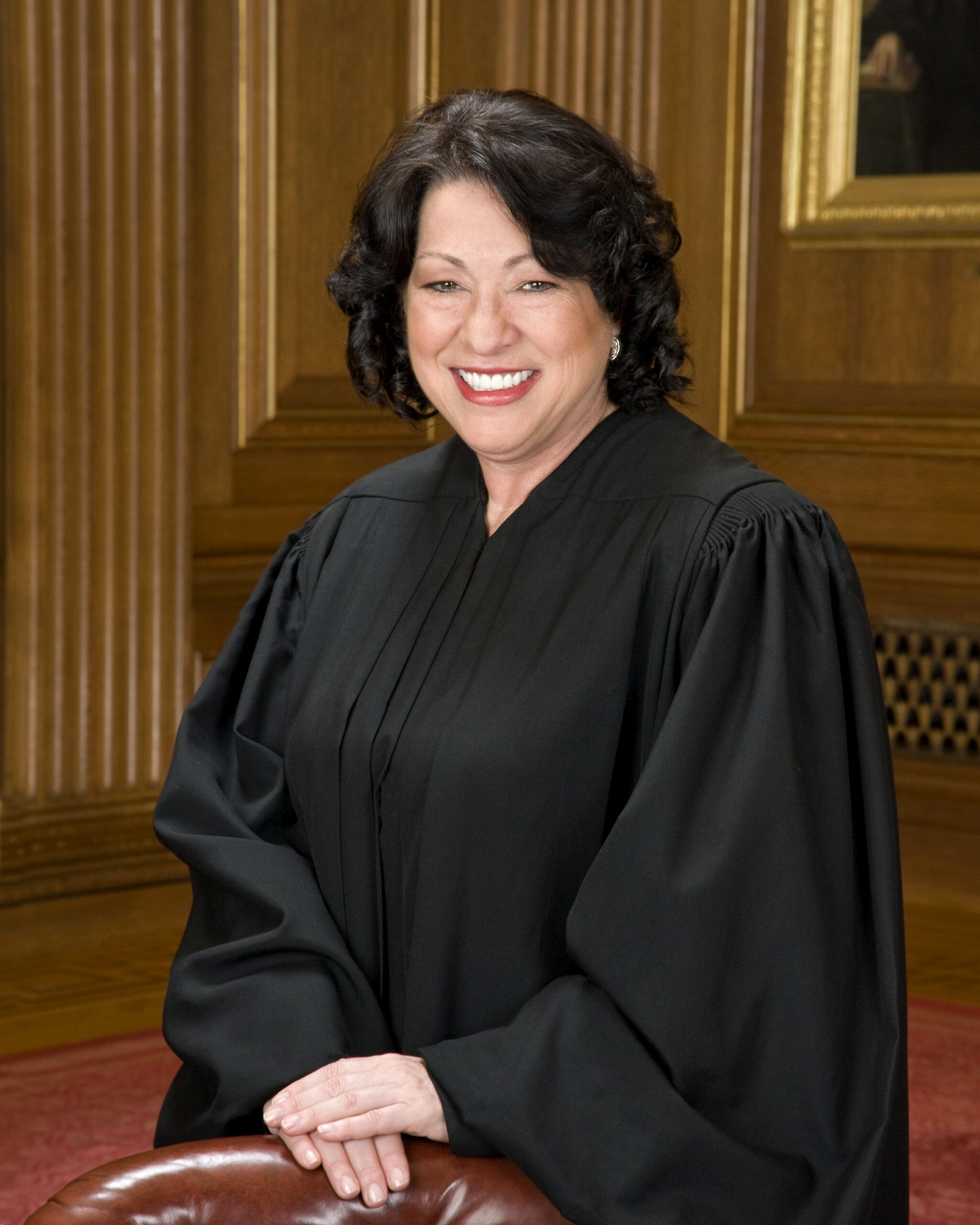
Sonia Sotomayor: In 2009, Sotomayor became the first Latina Supreme Court Justice. Her legal expertise, empathy, and dedication to justice exemplify the impact Latinas can have on the highest levels of government. “Obama called Sotomayor ‘an inspiring woman’ and said her appointment to the court would mark “another important step towards realizing the ideal that is etched above its entrance: equal justice under the law,” Biography writes.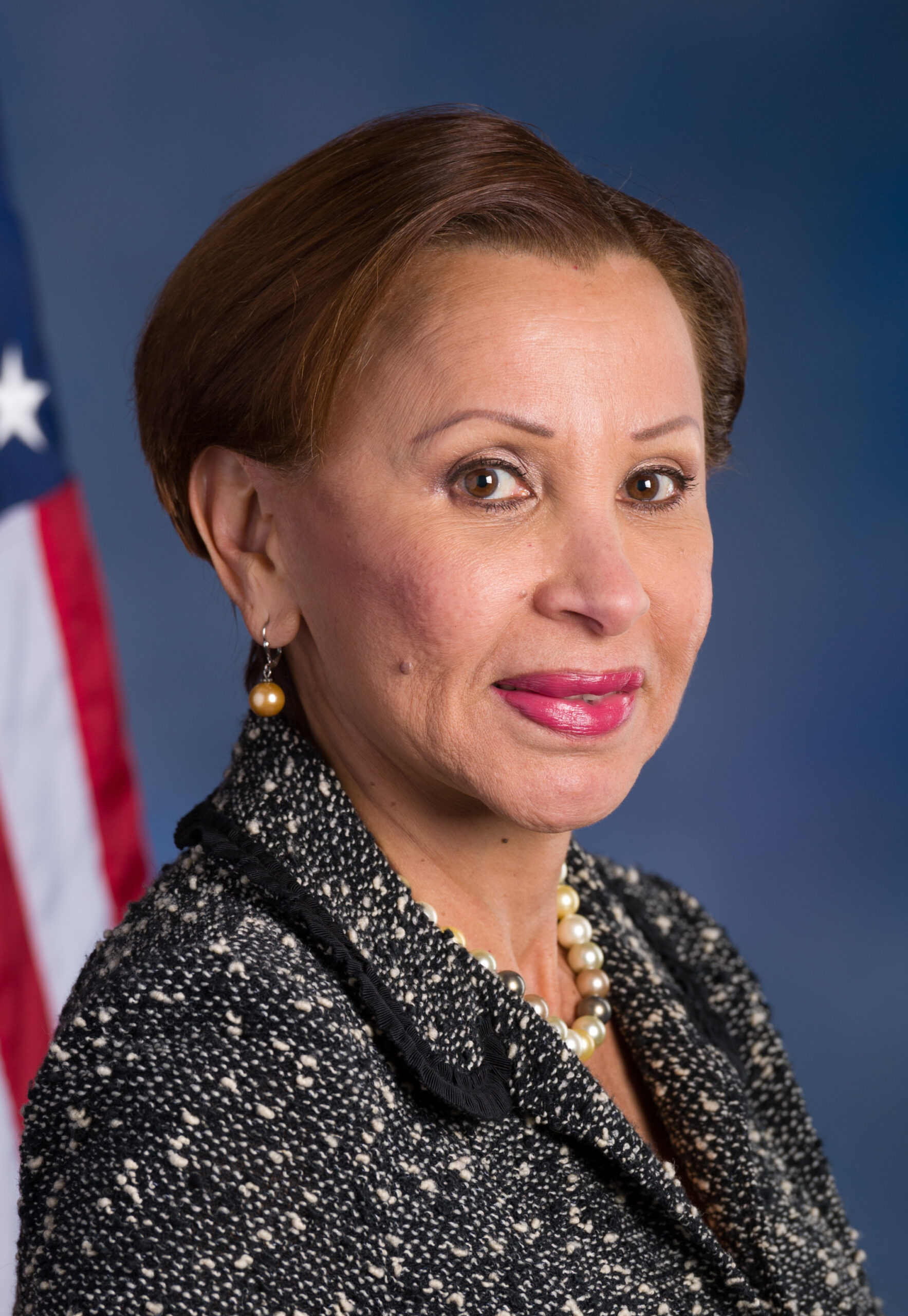
Nydia Velázquez: Elected in 1992, Velázquez is the first Puerto Rican woman elected to Congress. “Since this groundbreaking moment for both Velázquez and the community she serves, she has been re-elected to serve nine times by her community with great enthusiasm. She has overwhelmingly won her re-election bids for the past 9 cycles,” the site Women’s History writes. “… Presently, Congresswoman Velázquez remains staunchly devoted to the needs of the working class and the poor.”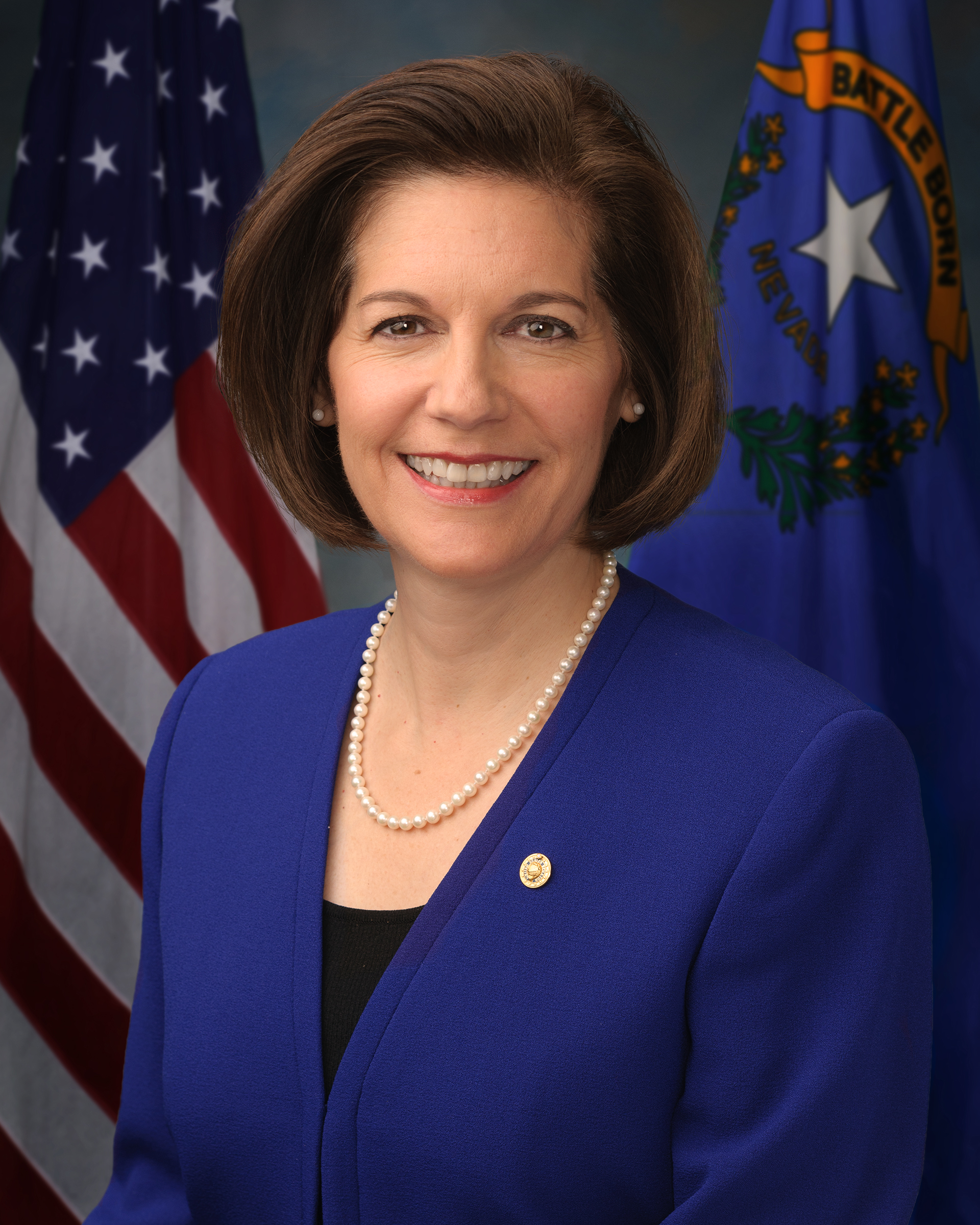
Catherine Cortez Masto: In 2017, Cortez Masto became the first Latina senator in US history. Before making history in Nevada and on a national front, Mastro was already helping women and others in elected office. “As Attorney General, Cortez Masto focused on issues impacting seniors, women, and children. She passed the reform of Nevada's guardianship laws and helped pass a law to make sex trafficking a crime at the state level,” Business Insider explains.

